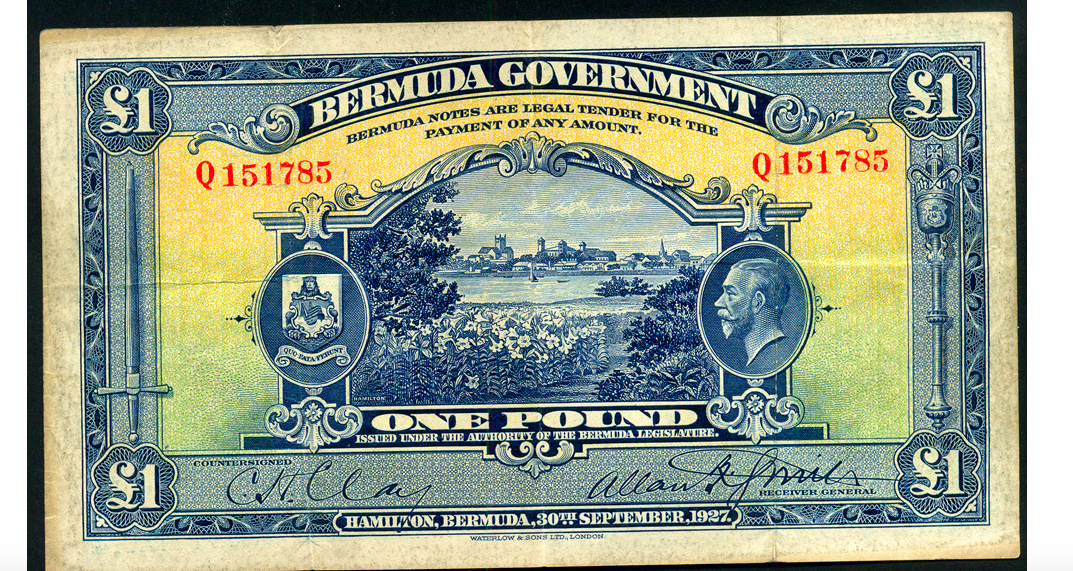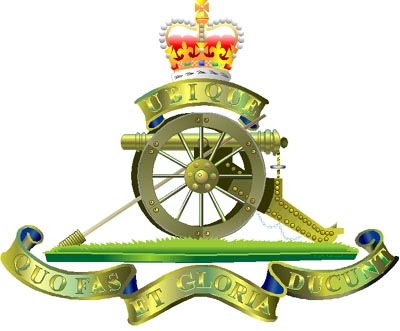Bermuda
The War had a profound effect on the Bermudan Home Front with Martial law being declared on 15th August 1914 by Lieutenant-General G M Bullock, the Governor. The Bermudan economy also suffered during the war, as concerns about safety and the increased price of shipping hampered its two main industries: tourism and agriculture. Decreased levels of taxation and a need to pay the soldiers they had recruited also caused problems, which led Bermuda to print its own money for the first time ever.

The Bermuda Militia Artillery manned the guns defending Bermuda but a contingent was sent for overseas service on the Western Front, where they were deployed for logistical purposes, notably for the supply of artillery ammunition. They played a role in the battles of the Somme, Vimy Ridge, Messines Ridge and Passchendaele. Field Marshall Haig later praised Bermudan troops in official reports.

Many Bermudans volunteered for the war effort, despite the distance of the islands from any theatre of war. This included the Bermuda Volunteer Rifle Corps, the first eighty-eight of whom left for Europe in May 1915. They served on the Western Front, with over half their number being killed at the Battle of the Somme, thus necessitating a second contingent to be raised. They later saw service at Passchendaele and in the final offensives of 1918.